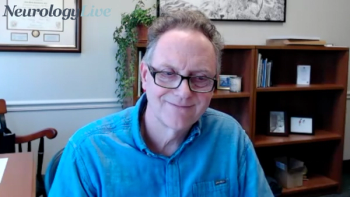
The director of the Alzheimer's Disease Care, Research and Education Program at the University of Rochester talked about recent results on the phase 3 ACCORD trial assessing AXS-05 for agitation in Alzheimer disease. [WATCH TIME: 8 minutes]

The director of the Alzheimer's Disease Care, Research and Education Program at the University of Rochester talked about recent results on the phase 3 ACCORD trial assessing AXS-05 for agitation in Alzheimer disease. [WATCH TIME: 8 minutes]
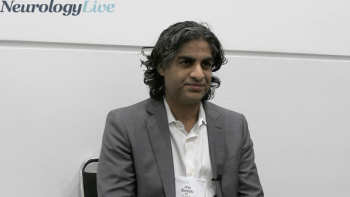
The chief medical officer at Biohaven provided insight on its investigational spinocerebellar ataxia agent troriluzole, the advantages of the newly developed SCACOMS measure, and how the therapy stacks against natural history data. [WATCH TIME: 4 minutes]

In comparison to previously approved treatments like satralizumab and inebilizumab, ravulizumab-treated patients performed significant better on outcomes of first relapse and time to first relapse.

Ravulizumab reduced NfL levels in cerebrospinal fluid and serum whereas eculizumab showed no change in NfL when compared with placebo.
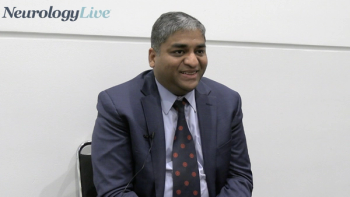
The associate professor of neurology at Harvard Medical School discussed findings from a study investigating nasal foralumab in patients with non-active secondary progressive multiple sclerosis. [WATCH TIME: 5 minutes]

The neuropsychologist and assistant professor of neurology at the University of California, San Francisco Memory and Aging Center provided comment on her presentation from AAN 2024 examining the association of area deprivation index with cognitive functioning in Black women. [WATCH TIME: 3 minutes]

Satralizumab, an IL-6 receptor inhibitor, shows promise in reducing infection rates compared to historical data.
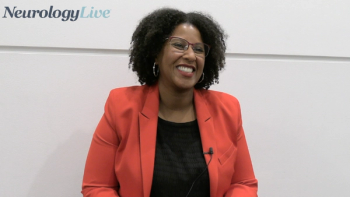
The full professor of chemistry at Vanderbilt University talked about research surrounding racial and ethnic disparities in Alzheimer disease incidence. [WATCH TIME: 5 minutes]

The professor of neurology at the NYU Grossman School of Medicine provided commentary on a study that demonstrated the benefits of using tDCS along with sleep language training to promote naming in primary progressive aphasia. [WATCH TIME: 5 minutes]
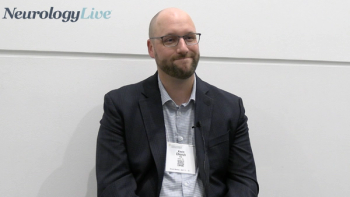
The chief scientific officer at Athira talked about the potential of hepatocyte growth factor compounds in promoting neurotrophic signaling and providing broad neuroprotection across neurodegenerative diseases. [WATCH TIME: 6 minutes]
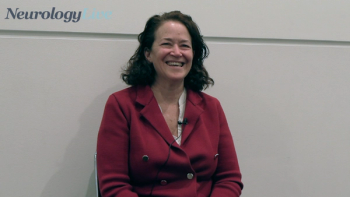
The chair of neurology at Massachusetts General Hospital talked about results from the phase 2b PARADIGM trial assessing PrimeC, an ALS combination agent that consists of ciprofloxacin and celecoxib. [WATCH TIME: 4 minutes]

After 2 years of treatment, EDG-5506, otherwise known as sevasemten, was well-tolerated, with rapid and sustained decreases in biomarkers of muscle damage.

Lauren Seidman, a second-year medical student at NYU Langone’s Grossman School of Medicine, provided perspective on a poster at AAN 2024 highlighting the use of binocular visual function testing in Alzheimer disease.
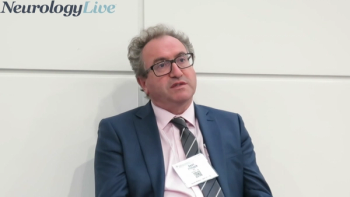
The director of the Mayo Clinic Center for Multiple Sclerosis and Autoimmune Neurology discussed the safety of ravulizumab and the ways to avoid risks of meningococcal infection. [WATCH TIME: 3 minutes]

Foralumab's anti-CD3 mechanism modulates T cell function, offering potential benefits for the challenging-to-treat na-SPMS patients.
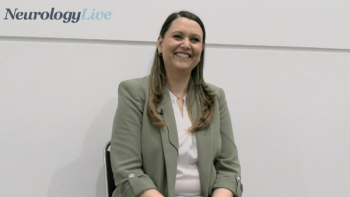
The director of the MedStar Georgetown Headache Center talked about an intravenous migraine treatment that could offer long-term relief for most patients who respond well to the initial dose. [WATCH TIME: 5 minutes]

Ofatumumab showed a consistent and long-term reduction in relapse rates and MRI lesion activity in patients with recently diagnosed, treatment-naïve relapsing multiple sclerosis.
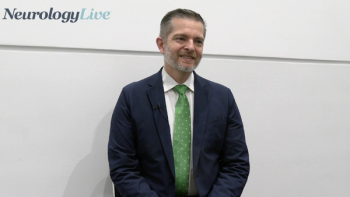
The assistant professor of neurosurgery and biomedical informatics at the State University of New York at Buffalo talked about the efficacy and safety of using embolization as a promising treatment for subdural hematomas. [WATCH TIME: 3 minutes]

Patients experienced improvements in ON/OFF time and motor function, with favorable tolerability, paving the way for a phase 2 trial.
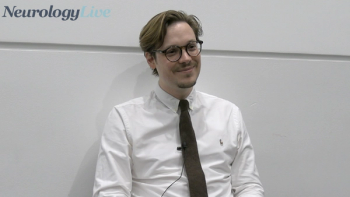
The instructor in neurology at Brigham and Women's Hospital talked about research exploring takotsubo syndrome, a heart condition often triggered by emotional or physical stressors, and its relationship with brain lesions. [WATCH TIME: 5 minutes]
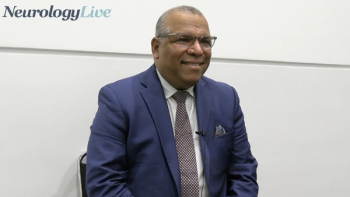
The chief of the Division of MS and Neuroimmunology at UConn Health talked about the unevenly distributed progress in multiple sclerosis care, impacting minority populations who often face worse disease outcomes. [WATCH TIME: 6 minutes]

Paula Emanuela Voinescu, MD, PhD, director of the Women's Epilepsy Program at Brigham and Women's Hospital, talked about the influence of sex hormones on maternal outcomes in pregnant women with epilepsy treated with antiseizure medication.

The assistant professor of neurosurgery and biomedical informatics at the State University of New York at Buffalo talked about the potential of embolizing the middle meningeal artery in patients with subdural hematomas. [WATCH TIME: 4 minutes]

Across 2, phase 3 studies, fremanezumab provided significant effects on monthly migraine days, regardless of whether patients were obese or not.

Even when combining both adult and pediatric patients, diazepam nasal spray administered within 5 minutes of a seizure led to quicker seizure termination.
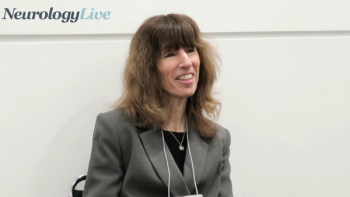
The assistant professor of neurology at Harvard Medical School talked about integrative therapies that may offer promising alternatives to traditional treatments for aiding neurological conditions. [WATCH TIME: 5 minutes]

Kate Labiner, MD, a pediatric epileptologist at Child Neurology Consultants of Austin, talked about the potential of cenobamate in pediatric patients with refractory focal epilepsy who have failed multiple medications.
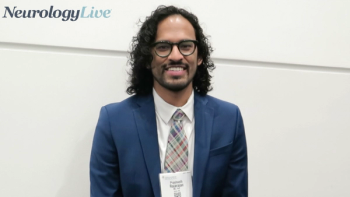
The neurology resident at Massachusetts General Brigham talked about assessing the safety of cancer treatments in patients with multiple sclerosis using checkpoint inhibitors. [WATCH TIME: 6 minutes]
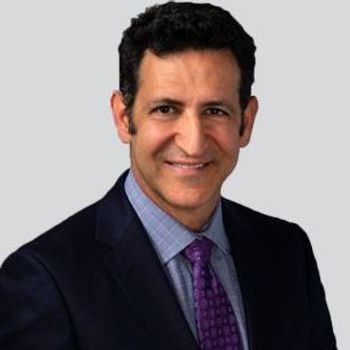
Investigators found no trends in amyloid-imaging abnormality rates based on centile tertile levels for lecanemab-treated patients.
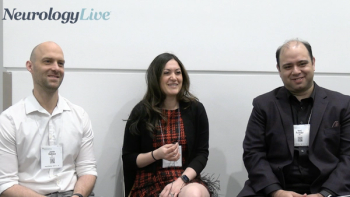
A trio of experts from university hospitals discussed a study that aimed to uncover the prevalence and associations of limb swelling in patients with Dravet syndrome in hopes of improving care. [WATCH TIME: 5 minutes]